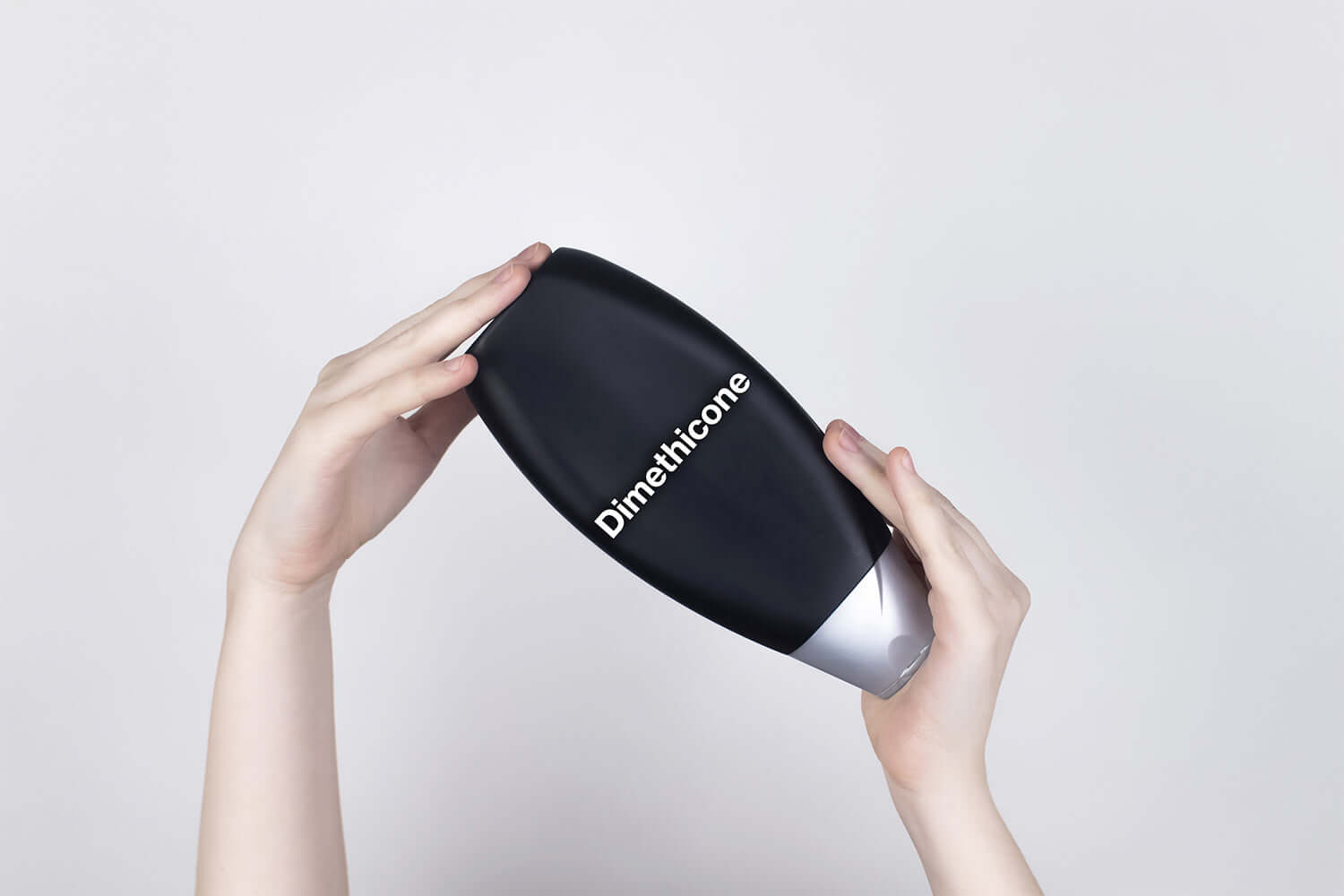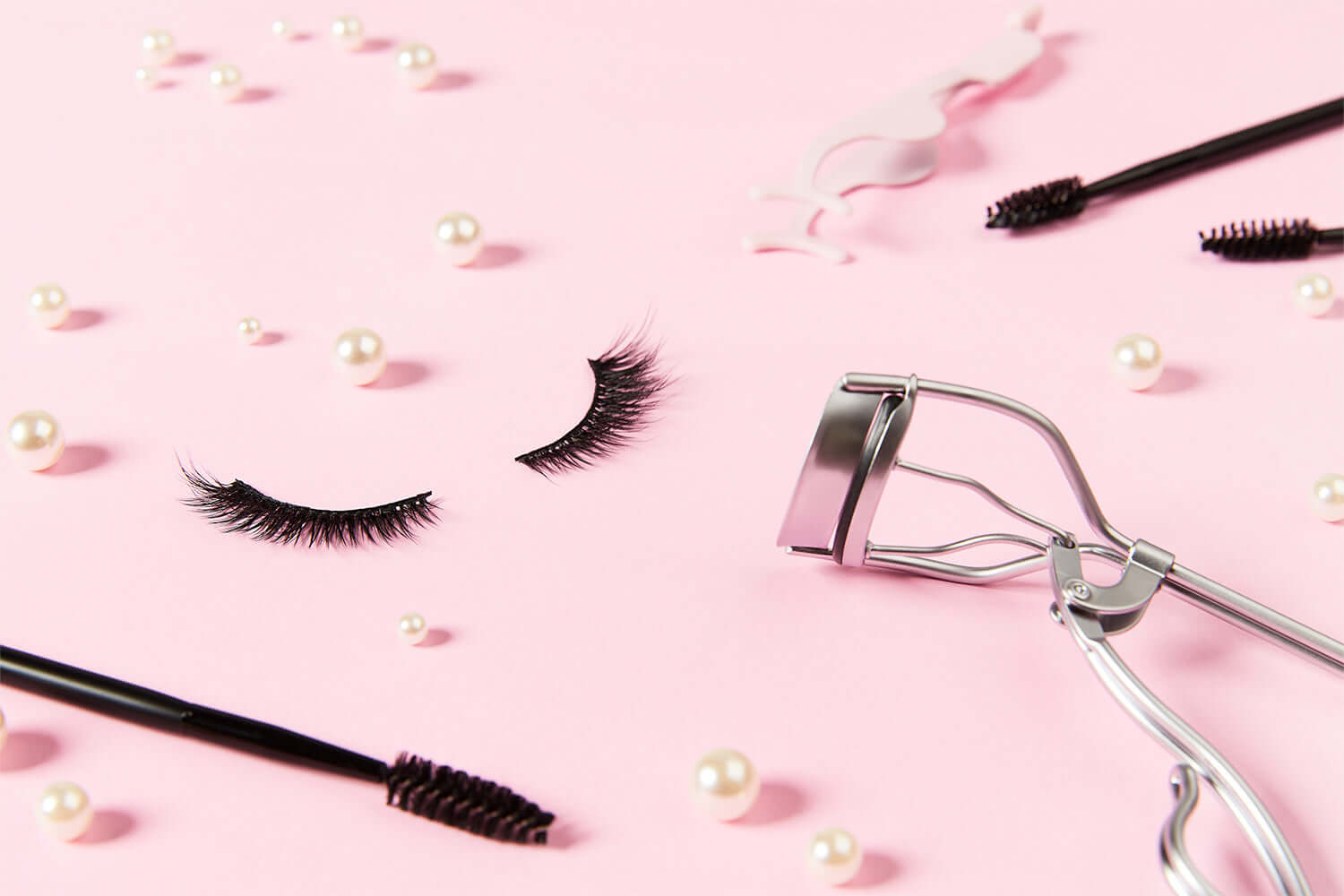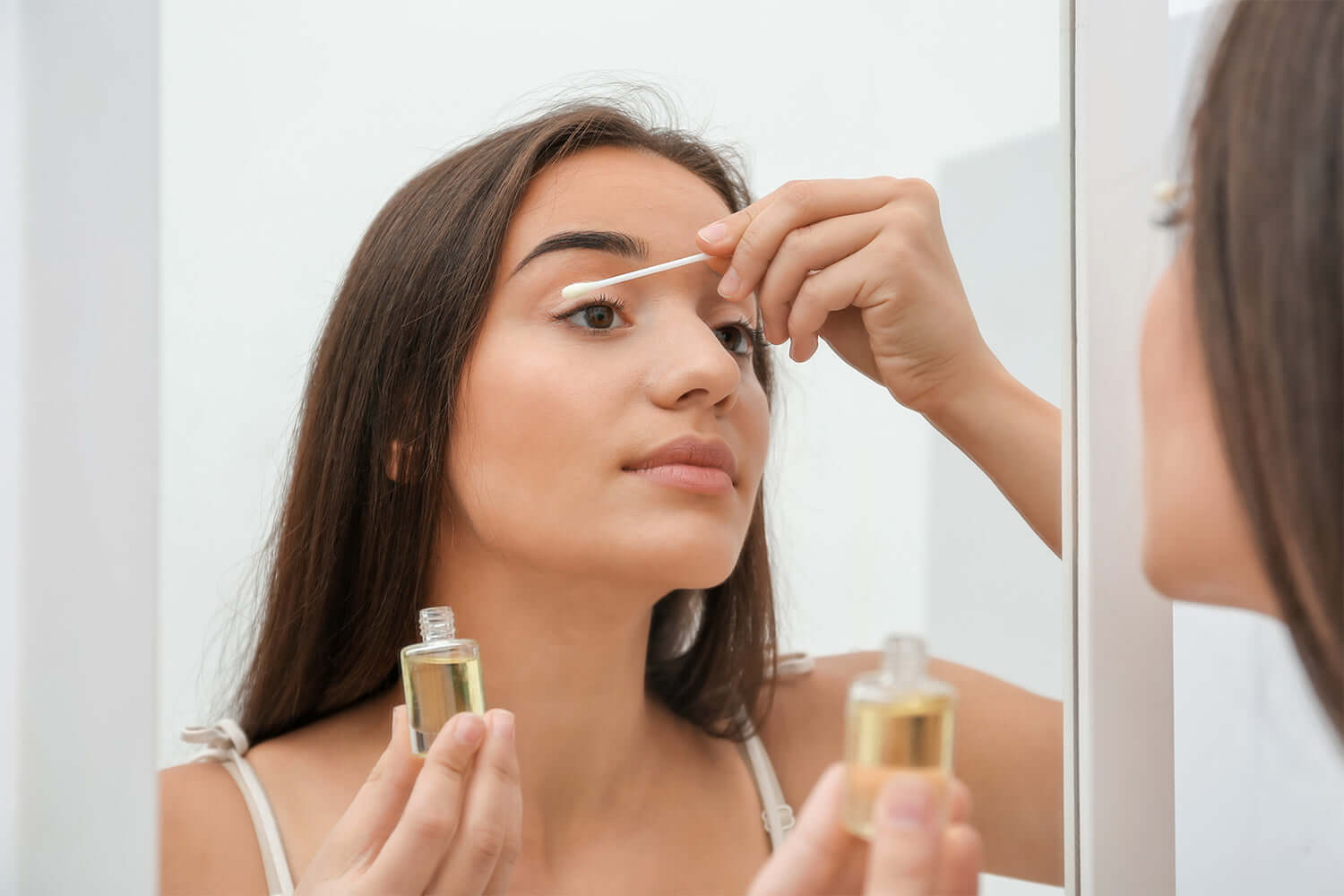It is tricky to find clean, all-natural beauty products these days that do not contain harsh chemicals or lab-created ingredients. Silicones are one particularly hot topic in the beauty world right now, with people asking, “Is it really ok to be putting products that contain silicone onto our skin and hair?”
People are pretty divided over this topic currently, so we will outline a little more about what silicones are, including dimethicone, a commonly found ingredient.
Since you’re here reading this article, you must also be asking this same question about whether silicones are safe or harmful.
Maybe you aren’t super familiar with the various chemical ingredients in your beauty products or don’t really know which ones are particularly dangerous or generally thought to be passable.
The Problems With Silicones
Silicone stems from the natural ingredient silica which is what sand is largely composed of. Silica undergoes chemical processes to turn it into an ingredient fit for beauty products.
Semi-liquid silicones in your skincare products like makeup or face creams are to thank for the smooth and easily applicable consistency. Products that advertise a velvety smooth finish definitely contain silicone.
Besides being a chemically altered ingredient that doesn’t constitute clean beauty, there are other reasons people are boycotting silicone. These include that silicones are not eco-friendly and actually contribute to pollution build-up since they do not naturally decompose.
They create a seal over your skin when used in skincare which can clog your pores and prevent other beneficial ingredients from penetrating the skin; and, in the case of silicones in hair products, they may lead to hair loss.
Dimethicone: The Source of Your Hair Loss?

Dimethicone is a silicone that is often added to hair products like shampoos. It is thought to potentially lead to hair loss, but while this is still being explored, the damaging effect we know it does have on hair is the way it builds upon the scalp with each use.
So if your shampoo contains dimethicone, every time you shampoo your scalp—with the intention of removing the build-up from hair products, as well as dust, dirt, oils, dry skin, and other debris—silicone is actually building up on your scalp with each wash.
You read that right—having silicones like dimethicone in your shampoo basically defeats the whole purpose of shampoo, which is to strip your scalp of all the build-up for a deep clean.
Another issue with dimethicone for hair is the way it’s known to weigh down your strands since it keeps building up, basically just making itself super comfortable on your head.
While we all want full, thick, volumized hair like our favorite celebrities and influencer it-girls, hair that is weighed down is going to be heavy and flat rather than full and bouncy. Without stripping that silicone build-up from your hair first, any volumizing and thickening products you apply probably aren’t going to work like they’re supposed to.
How To Spot Silicones in Your Beauty Products
So, how can you tell if there are silicones in your beauty products? They’re not just labeled as “silicones” in the list of ingredients because different silicone products go by different names, and without knowing what to look for specifically, all those long chemical names in the ingredient list blend together.
If you use clean natural beauty products, they won’t include any silicones—clean beauty products don’t contain chemicals and toxins at all. So one way to ensure you’re catching any silicones in your products is by choosing clean beauty products.
Otherwise, silicones have multiple names. A general rule is that any ingredient ending in -cone or -siloxane is in the silicone family. Some other names to watch for are:
- Dimethicone
- Cyclomethicone
- Cyclohexasiloxane
- Cetearyl Methicone
- Cyclopentasiloxane
The Benefits of Switching to Clean Beauty Products
The hard truth of the beauty industry is that most products contain chemicals and unnatural ingredients that have been made in labs. Even ingredients, like silicone, that start as a natural mineral like silica undergo major altering that renders them unnatural and fake. Some of the toxins to watch out for in your hair care products include sulfates and parabens.
The Danger of Sulfates
Sulfates cause the lathering effect in beauty products, but they also strip your hair of its natural oils contributing to nourishment and hydration. They can also cause sensitive skin to react poorly, and there are unproven concerns over the link between sulfates and cancer.
The Danger of Parabens

Parabens give beauty products long shelf lives, but they can disrupt your hormones and lead to imbalances in your system. They are also highly chemical and mimic the features of the estrogen hormone in an artificial way.
Making the Switch
Switching from your chemically enhanced beauty products to clean beauty will have major benefits on your skin, hair, and overall health. Chances are you’ll notice benefits you had never linked to your beauty products once you choose clean beauty.
For example, you might notice your skin clearing up or being less sensitive, your hair more nourished and full, or your hormones being more balanced and less out of whack.
Clean beauty is also better for the environment, as the materials of the product and packaging are more environmentally friendly. Also, any products labeled cruelty-free—which is most if not all clean beauty products—never test on animals, so vegan beauty products are undeniably better for the population of furry friends.
Dimethicone Is a No Go
Now that you know how harmful silicones are to your hair—not to mention other chemically created ingredients-—it's time to ditch the harmful toxic products and switch to clean, natural beauty that actually nourishes and supports your skin and hair.
Our products, including the hair growth oil spray, are vegan, clean, and cruelty-free. They’ve been specially formulated to provide you with healthy, growing hair without any harsh chemicals. Let us put the care in your hair care routine.
Sources:
Re‐evaluation of silicon dioxide (E 551) as a food additive | NCBI
Can shampoo cause hair loss? Learn more with Color Wow Hair | Color Wow Hair
What Is Dimethicone: Facts on Silicones in Skincare and Hair Products | Cosmopolitan


















